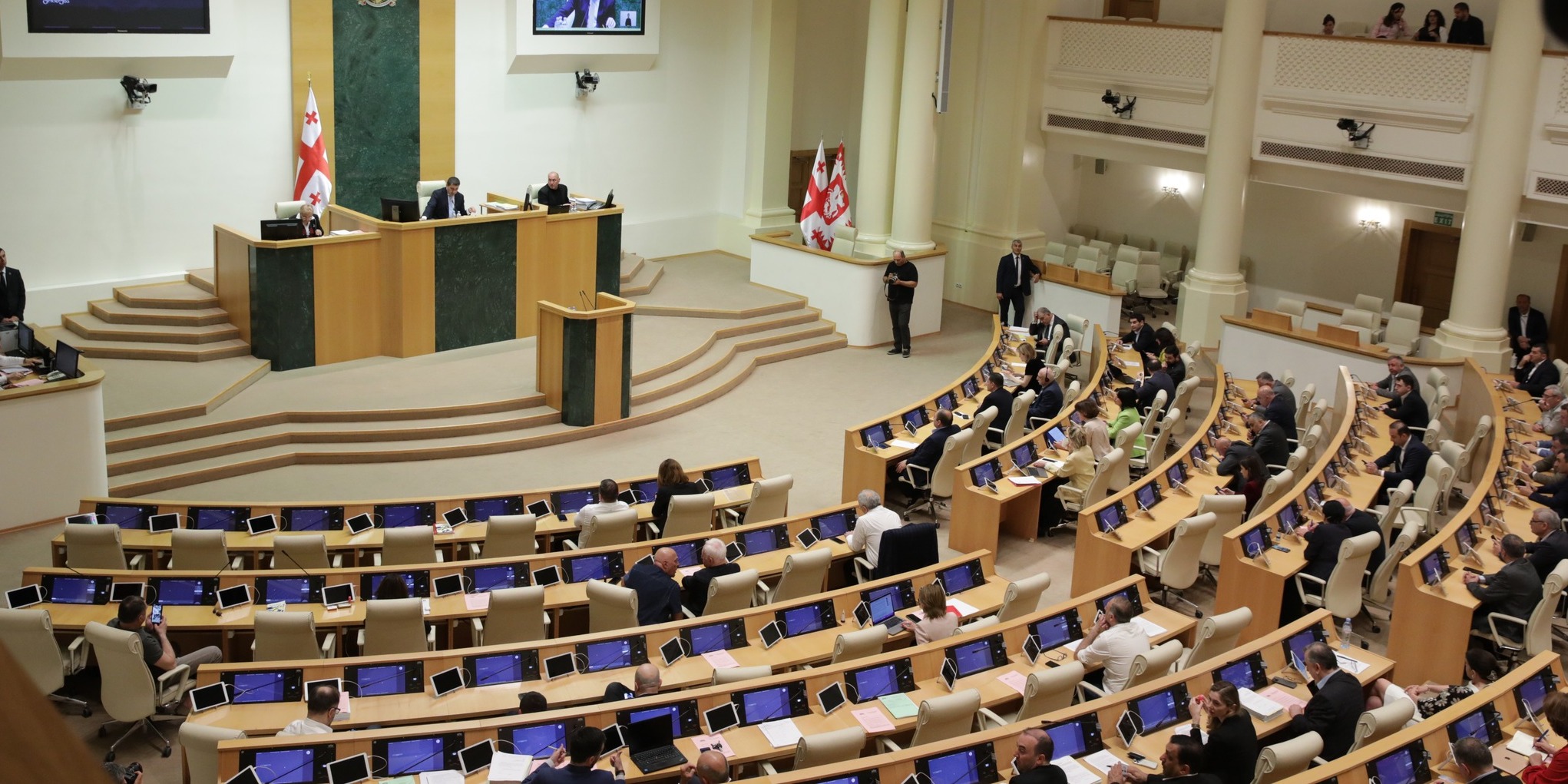News

The Draft Penal Code Developed by the Ministry of Justice Is Adopted by the Parliament with 80 Votes
It was noted at the discussion that the new code improves the working conditions of the employees of the special penitentiary service and the legal status of persons in penitentiary institutions - it sets even higher standards for the protection of the rights of convicts and accused persons.
Members of the Parliament emphasized the fact that the Penal Code draft takes into account the recommendations of the European Committee for the Prevention of Torture and Inhuman or Degrading Treatment or Punishment (CPT), as well as the Public Defender of Georgia.
Deputy Minister of Justice Tornike Cheishvili presented the project to the legislative body.
The draft of the Penal Code provides for a number of innovations, including:
- The defendant will be granted the right to a lengthy appointment; All kinds of dating will become completely free;
- All convicts will have the right to receive higher education; The living conditions of accused and convicted persons will be equalized;
- All units of the penitentiary service will be given a special status, which will equalize and improve the conditions of employees;
- The circle of persons with special rank will be expanded in the penitentiary system;
In addition to official and rank salary, the employees will receive a supplement for years of service.
Along with the first reading of the draft Penal Code, the Parliament of Georgia also adopted a legislative package consisting of 21 draft laws.
 Geo
Geo Eng
Eng